By Sarah McLewin, 2018 Fulbright ETA to Morocco
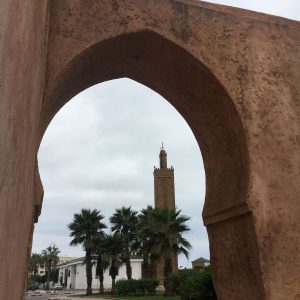
After accepting a Fulbright English Teaching Assistantship to Morocco, I began to imagine exploring all Morocco has to offer—mountains, desert, beaches, and cities, each with a unique history and culture.
But once I arrived in my host city, Rabat, I found myself feeling hesitant to spend my weekends traveling. Instead, during my first few months there, I focused on creating a home in my neighborhood.
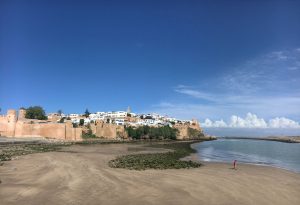
Creating My Rabat Home
As I settled in, I learned how to manage my teaching responsibilities and work towards my language goals. But there was also a long list of other things to figure out: Where would I copy materials for class? Or pick up a taxi? Make friends? Get a haircut?
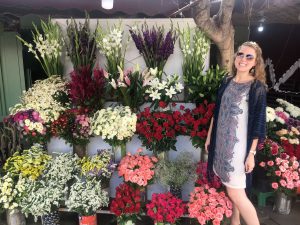
Figuring out all of these things was a trial-and-error process. Eventually, I developed rhythms that were comforting and familiar. I got to know the vendors at the vegetable market by my house so that when I walked through the neighborhood, I felt like a member of the community. I found a perfect café where I could grade papers and practice Arabic with the waitstaff. I became a regular at a hair salon where I had interesting conversations about gender roles in Moroccan society. These daily rituals took me beyond tourist experiences and towards creating a community abroad.
It’s not that I didn’t enjoy touring Morocco; I will always cherish the memories of drinking fresh orange juice while sitting in the cascades of a waterfall in Akchour, or walking through filming locations for Game of Thrones in Essaouira. However, I especially cherish Rabat because it was my Moroccan home.
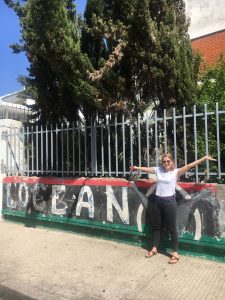
How to Create Home Abroad
Creating home abroad can show you that new places do not have to feel foreign. The home you create in your new host country lays the foundation for a unique and authentic experience. Wherever Fulbright might take you, here are some practical tips on making it “home.”
- Talk to people – Whether with store clerks, neighbors, or fellow commuters, look for opportunities to create connections with people you pass regularly. The more connections you make, the more you will start to feel a sense that you belong.
- Build local roots – There’s something special about your first few weeks in your city. Delay regional trips so that you set up a strong routine in your new stomping grounds.
- Try familiar things in a new context – Participate in familiar activities far from home. As an avid salsa dancer in the U.S., I was pleasantly surprised to find a vibrant Latin dance community in Rabat. By joining a salsa studio, I made friends from Morocco, Spain, and France, making my Fulbright a truly global experience.
- Try new things – Use your Fulbright as an opportunity to embrace a new hobby, new ways of cooking, and new types of friends. While in Morocco, I found a small gym in my neighborhood that offered Tae Bo for women. I had never tried Tae Bo, but it became a great way for me to meet other women and get to know neighbors.
- Become a regular – Whether it’s a café, restaurant, salon, or market, find a place where you enjoy spending time and can visit regularly. By frequenting the same places, you’re more likely to meet people and establish lasting friendships.
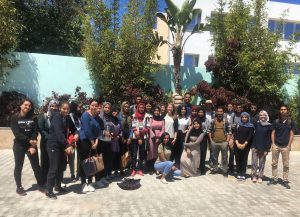

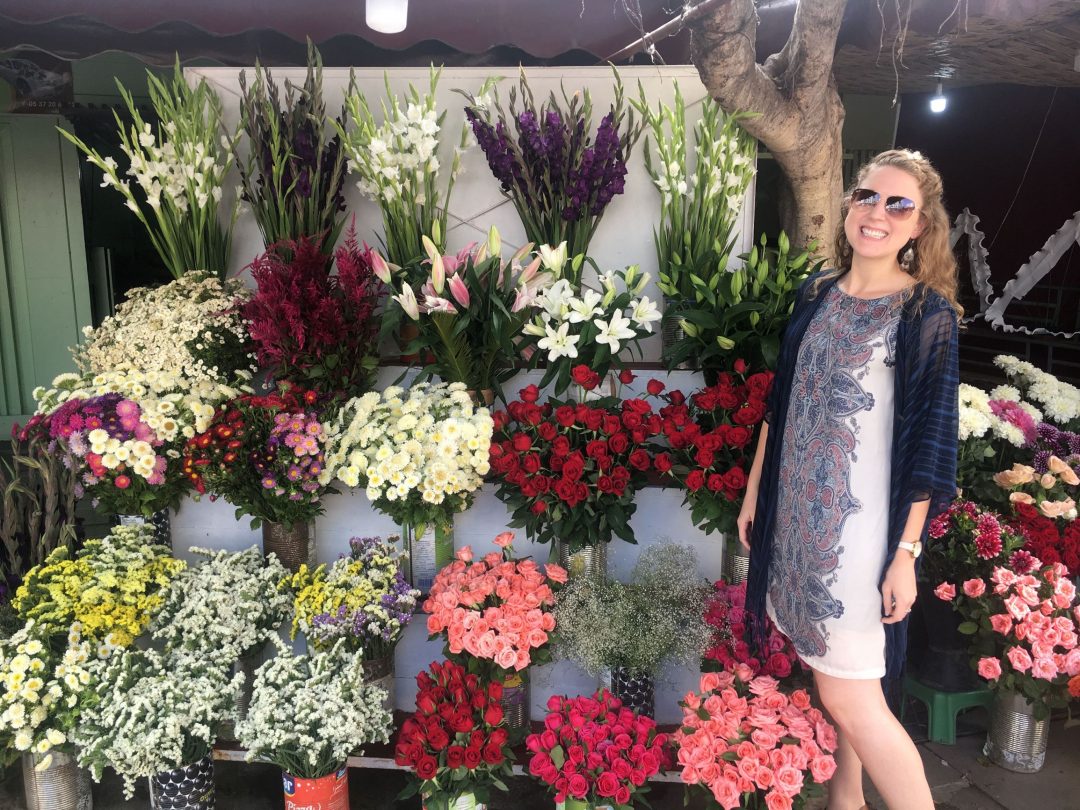
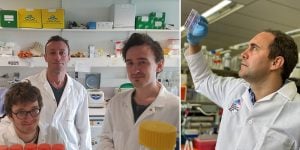
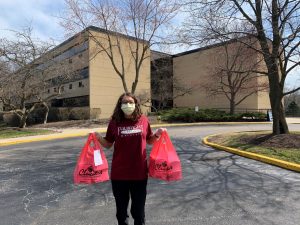
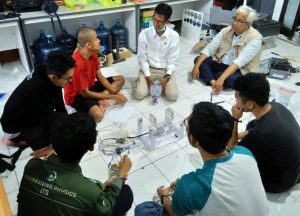
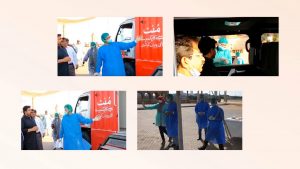

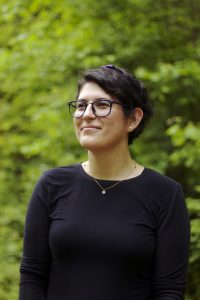 By Jenny Melo, Fulbright Foreign Student from Colombia
By Jenny Melo, Fulbright Foreign Student from Colombia